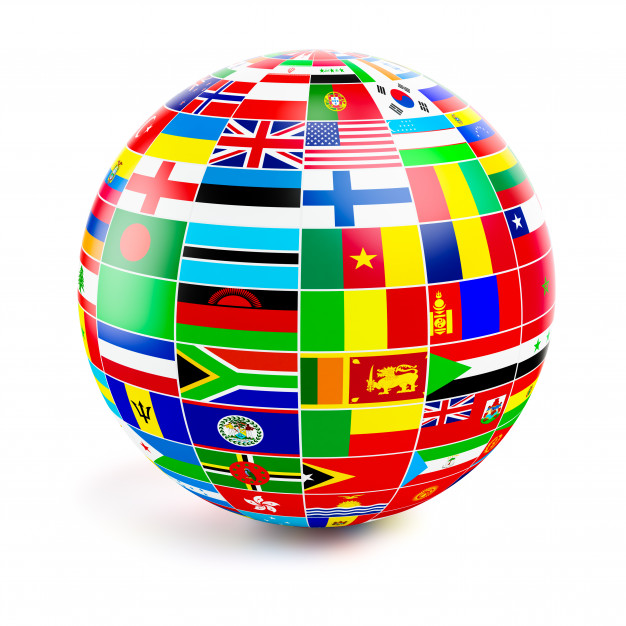Thermal Engineering and Energy Department at Ville d'Avray's Intitute of Technology : an international perspective for students GTE

A commitment since 1992
Through its immediate integration into European programs that the Department of  Thermal Engineering and Energy (GTE) has been conducting its international action in an institutional manner. Between 1992 and 1996, the department joined forces with two Intercommunity Cultural Exchange Programs. The first brought together five European university partners in Germany (Darmstadt), Spain (Madrid), United Kingdom (Brighton), Finland (Mikkeli) and France (IUT Ville d'Avray, GTE Department). In the second program, the GTE Department was associated with four other partners in Belgium (Oostende), Spain (Madrid), United Kingdom (Kingston) and France (Bordeaux).
Thermal Engineering and Energy (GTE) has been conducting its international action in an institutional manner. Between 1992 and 1996, the department joined forces with two Intercommunity Cultural Exchange Programs. The first brought together five European university partners in Germany (Darmstadt), Spain (Madrid), United Kingdom (Brighton), Finland (Mikkeli) and France (IUT Ville d'Avray, GTE Department). In the second program, the GTE Department was associated with four other partners in Belgium (Oostende), Spain (Madrid), United Kingdom (Kingston) and France (Bordeaux).
This program made it possible to perform:
• Student exchanges (five per year on average, mostly for end-of-study internships).
• Teacher exchanges (on average four per year, for lectures of around 10 hours per teacher spread over five days. Subjects were: thermal transfer, thermodynamics of reactive fluids and solid mechanics).

This program made it possible to perform:
• Student exchanges (five per year on average, mostly for end-of-study internships).
• Teacher exchanges (on average four per year, for lectures of around 10 hours per teacher spread over five days. Subjects were: thermal transfer, thermodynamics of reactive fluids and solid mechanics).
Léonardo da Vinci program : the link with the business world
Several students were able to benefit from credits from the European Leonardo Da  Vinci Program, for university-business collaborations. The funds requested and managed by the GTE department were obtained either directly from the Leonardo France agency, or through close relations with the Chamber of Commerce. Other funding was obtained with the support of Ile-de-France Regional Council.
Vinci Program, for university-business collaborations. The funds requested and managed by the GTE department were obtained either directly from the Leonardo France agency, or through close relations with the Chamber of Commerce. Other funding was obtained with the support of Ile-de-France Regional Council.
Between October 1999 and December 2002, the GTE department presented and managed two Leonardo pilot projects accompanied by mobility. The framework of the second Leonardo program featured: drafting administrative documents, managing correspondence, requesting credits, developing working standards, researching partners (universities, companies, trade unions, work dissemination organizations), visiting potential partners, coordinating actions, and contacting the national agency Leonardo France.
Several students did their DUT internship abroad: Australia, Germany, Belgium, Spain, United Kingdom, Morocco or Mexico. In addition, several students from partner universities of Erasmus-Socrates programs were able to do internships in companies in France thanks to their placement by the GTE Department. In this case, teachers from the department carried out the follow-up of these trainees.

Between October 1999 and December 2002, the GTE department presented and managed two Leonardo pilot projects accompanied by mobility. The framework of the second Leonardo program featured: drafting administrative documents, managing correspondence, requesting credits, developing working standards, researching partners (universities, companies, trade unions, work dissemination organizations), visiting potential partners, coordinating actions, and contacting the national agency Leonardo France.
Several students did their DUT internship abroad: Australia, Germany, Belgium, Spain, United Kingdom, Morocco or Mexico. In addition, several students from partner universities of Erasmus-Socrates programs were able to do internships in companies in France thanks to their placement by the GTE Department. In this case, teachers from the department carried out the follow-up of these trainees.
Mis à jour le 29 mars 2021






